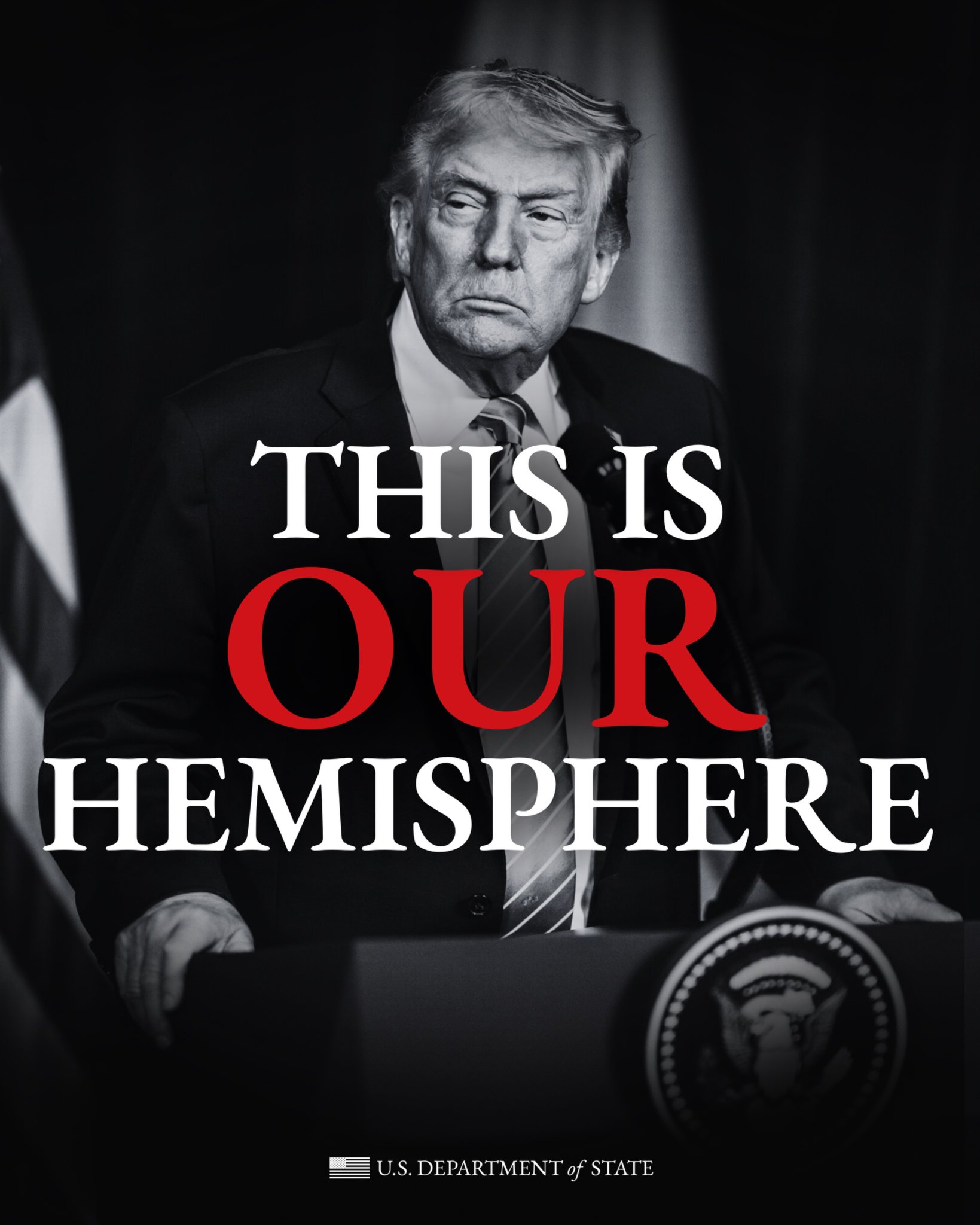 The scene is tragic and horrifying. Two burnt out vehicles containing 19 bodies, one of them riddled by 113 bullets, along the hellish slice of borderland in Tamaulipas, near the Nuevo León and Texas.
The scene is tragic and horrifying. Two burnt out vehicles containing 19 bodies, one of them riddled by 113 bullets, along the hellish slice of borderland in Tamaulipas, near the Nuevo León and Texas.
Capturing the details of their deaths would be a violation to the dignity of the victims and their surviving family members. According to reports, surviving members of the attacks who were spared as a result of staying behind due to mechanical failure say that those killed were Guatemalan migrants. The mayor of Comitancillo, an indigenous mam village, stated that several family members received phone calls informing them of the massacre. Many more left with the same trafficker and some may have even managed to cross the border.
Nearly all of the shells were carefully collected at the scene of the crime. Some versions of the story point to police involvement. The Mexican Secretary of the Interior, Olga Sánchez also stated in the Government’s morning announcements that investigations are being made into several officials and the National Migration Institute (INM’s), given that one of the fire-bombed vans was in their custody prior to being found on the highway. For those who know about Mexico’s migratory routes, the INM’s complicity with traffickers is well documented.
Until now, only four people – two Mexicans and two Guatemalans— have been identified. The desperate Guatemalan families are organizing themselves to send DNA samples in the hope of receiving the remains of their sons and daughters sooner rather than later.
Sadly, this case will be filed as just one more massacre of migrants as they journeyed towards the American Dream. Their murders will provoke indignation for a few days, but will remain in absolute impunity in the years to come, much like the first and second San Fernando massacres, Cadereyta and the thousands of disappeared migrants along the desert. In a recent report, Animal Político indicated that the National Commission on Human Rights (CNDH) documented 32 testimonies from migrants between September 2019 and February 2020 which told stories of murders, kidnappings, torture, extortion and sexual abuse. However, this information was never released. Furthermore, when the Mexican president declared a few weeks ago that “migrants’ human rights are no longer violated”, he contributed to the invisibilization and repetition of crimes against them.
The massacre of Camargo comes at a time of significant geopolitical changes and highlights regional political contradictions that run from the United States to Central America. This juncture is an opportunity to mend harmful policies and dismantle, once and for all, the deadly trap neoliberal globalization poses for migrants.
As a welcome respite, President Joe Biden started undoing Donald Trump’s anti-immigrant policies on the first day of his administration. On February 2, he issued three executive orders. The first focused on ending the zero-tolerance policy that took children away from their parents at the border and reuniting the more than 5,500 separated families. The second looked to restart the process for asylum seekers after the suspension of the “Stay in Mexico” program and address the root causes of migration. The third will review all the rule and procedural changes Trump made against migrants and simplify the naturalization process.
These reforms will be slow acting and likely insufficient. However, they will serve as a different framework for addressing migration and are miles apart from the xenophobia and white supremacy that buttressed the Trump-Miller era policies.
Additionally, these changes will impact countries in the Northern Triangle. In recent years, the United States imposed changes on Mexico’s immigration policies, most notably during Enrique Peña Nieto’s six-year term with the presence of Southern Command on the border with Guatemala, with the deployment of the National Guard on the northern border, and the acceptance of Quédate en México and other anti-migrant initiatives of Trump by the AMLO government. The turnaround initiated by Biden and promoted by migrant movements in the country that contributed to his electoral triumph, is an opportunity to reform Mexico’s immigration policies, through a respect based on human rights and the right to migrate. So far, however, there is no intention of reform, not even a real recognition of the problem.
Biden’s only proposal that has been echoed by the Mexican government is the project to invest in Central America, which the Fourth Transformation wants to extend to the south of Mexico. We at the Americas Program, together with other organizations pointed out that this approach must take into account that neoliberalism based on privately funded megaprojects, the exploitation of natural resources, extractivism, environmental destruction, labor exploitation and privatization only cause further inequalities, conflicts and violence that drive people out. Furthermore, giving international aid to corrupt Central American governments and promoting transnational investments that violate human rights will only deepen the patterns of repression and concentration of wealth that force migrants to leave their homes in search of survival.
Without solving political crises, economic issues cannot be fixed. Without democratically proposed structural changes, you cannot get to the root causes of migration.
In January, a caravan of thousands of Hondurans was violently repressed in Guatemala, after encountering harassment at the military checkpoints in their own country and before reaching the troops that were deployed to stop them at the Mexican border. No politician thought to ask why they fled, nor what they needed, they only sent in troops to detain them.
Moreover, as a result of anti-migrant policies and xenophobic speeches, the saddest thing is that parts of the population also criminalize migrants, and repeat the lies of Trump and others, who claim that migrants come to take away the livelihoods and employment of local populations. They too believe that there is no room for them and their families. This pettiness leaves no room for migrant people to be seen as suffering human beings and as lives worth saving.
The first step in creating a humanitarian framework for migration is to understand that the life of a migrant person is worth the same as the life of any other person, and that fighting for life is the most important commitment we have as a society. It sounds obvious, but it implies a profound adjustment in current concepts and policies.
Written by Laura Carlsen for desinformémonos.org



